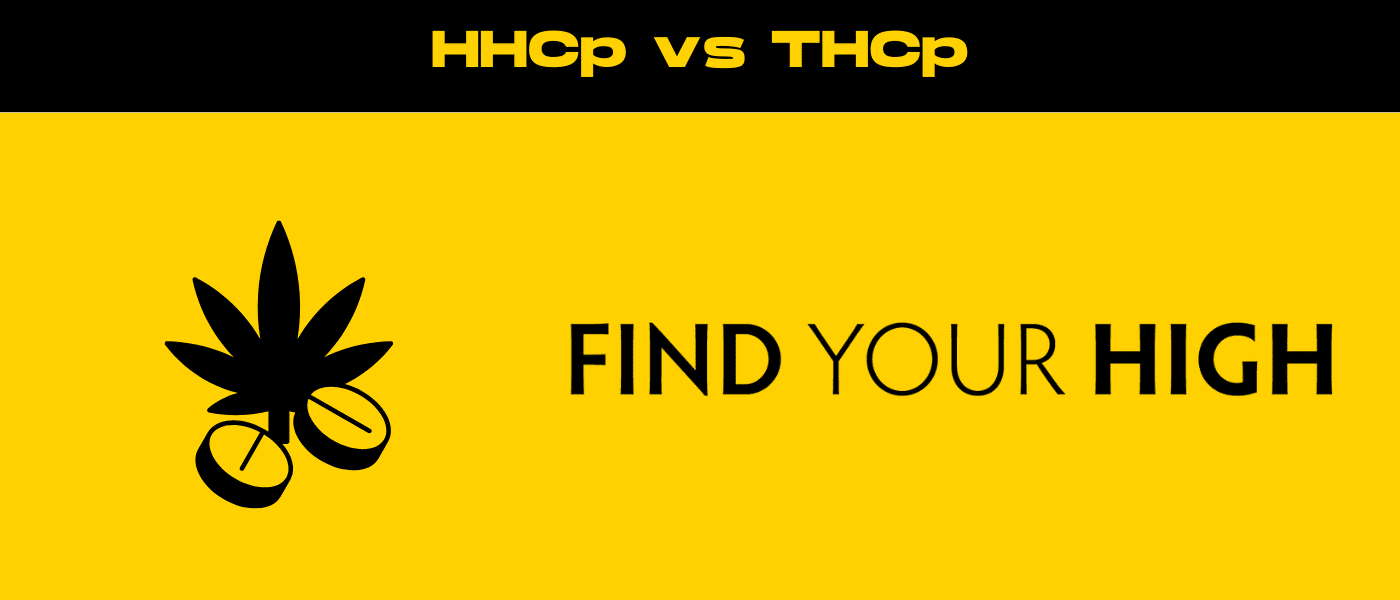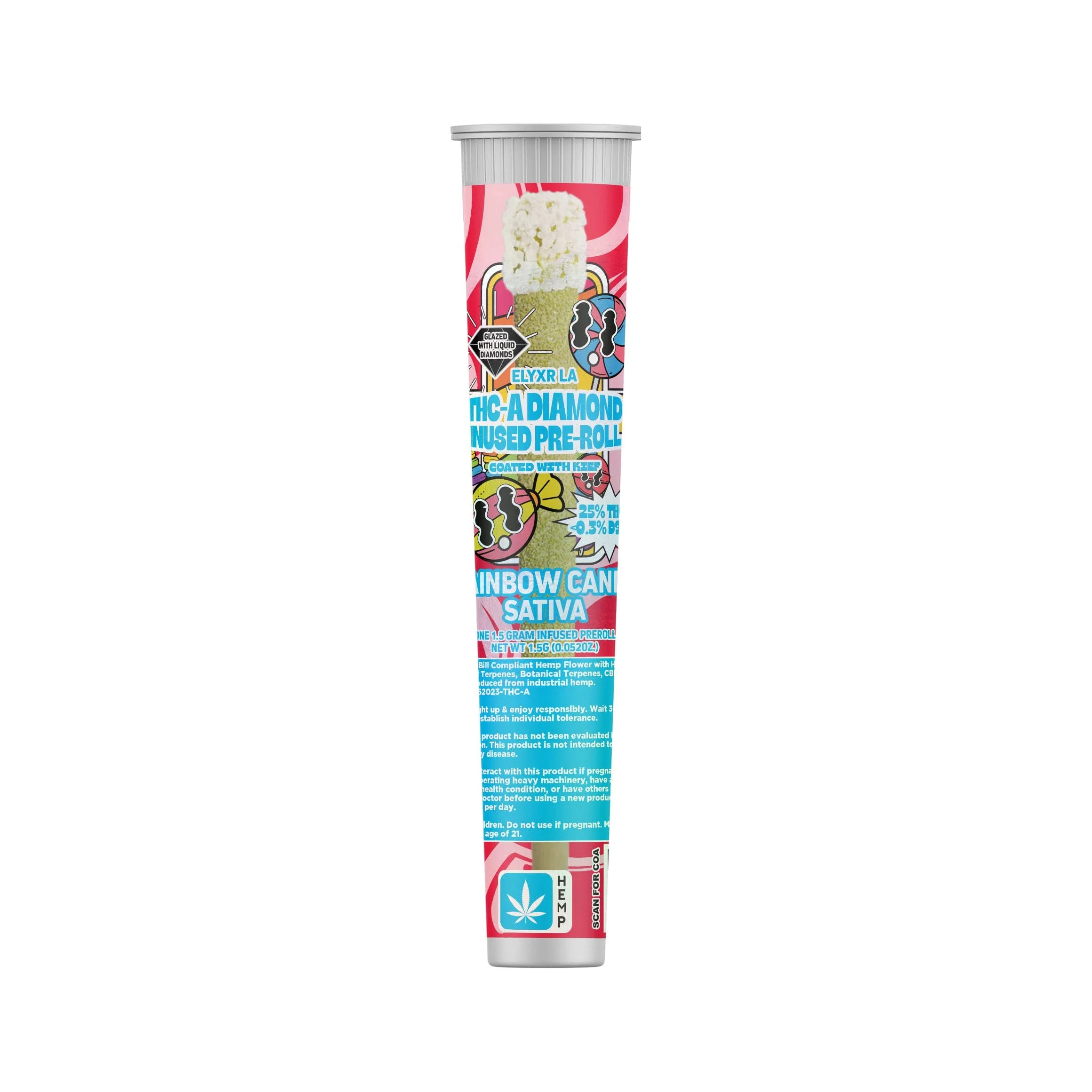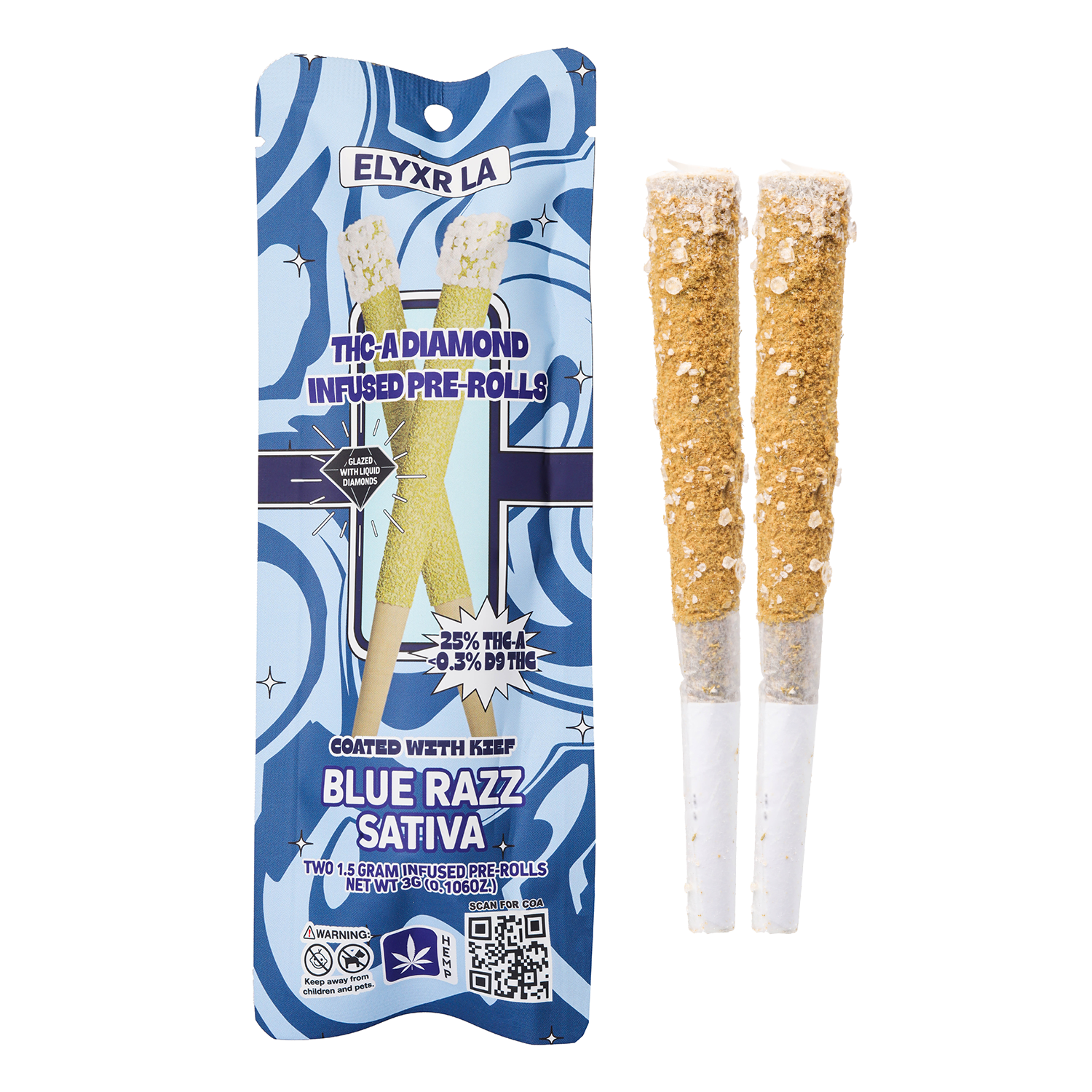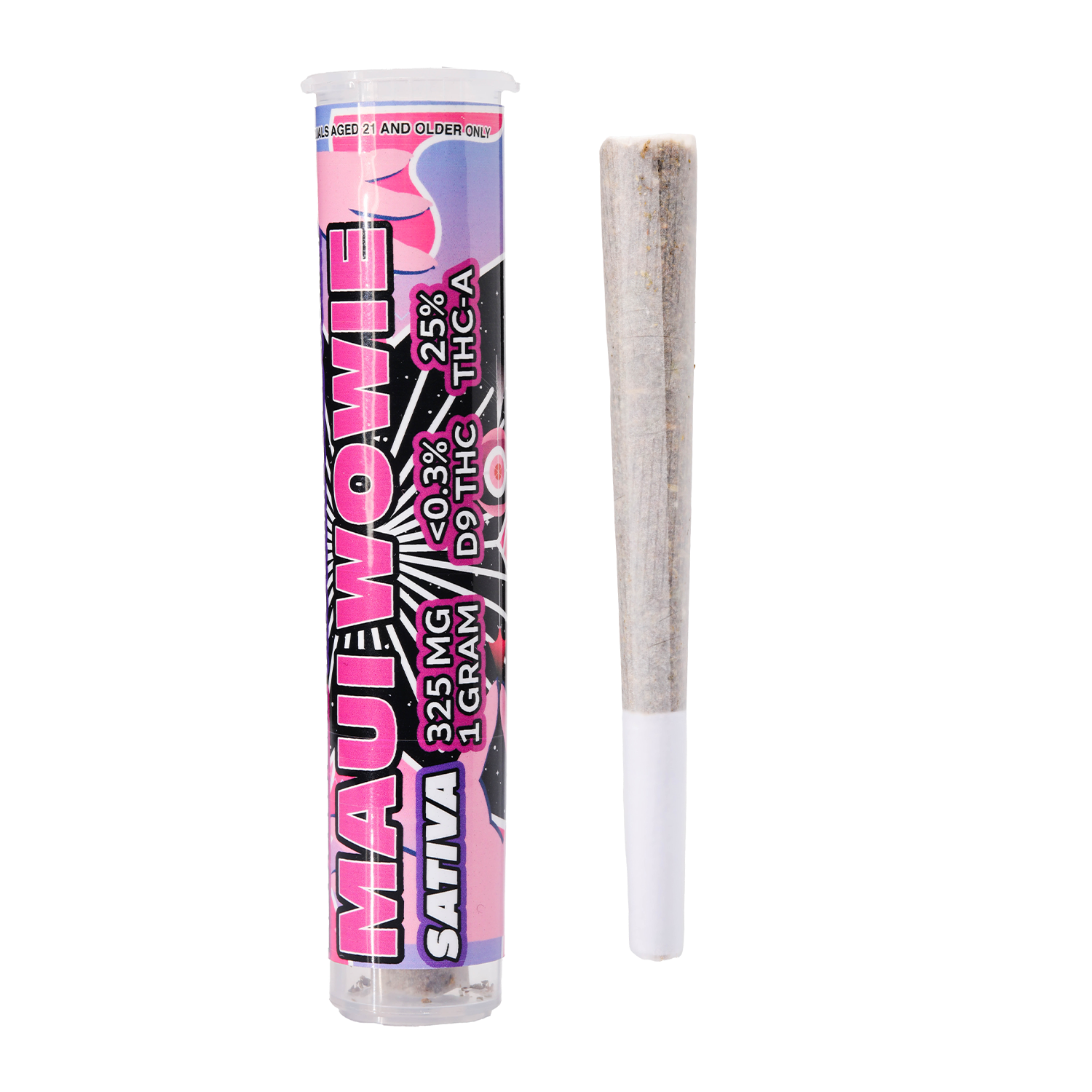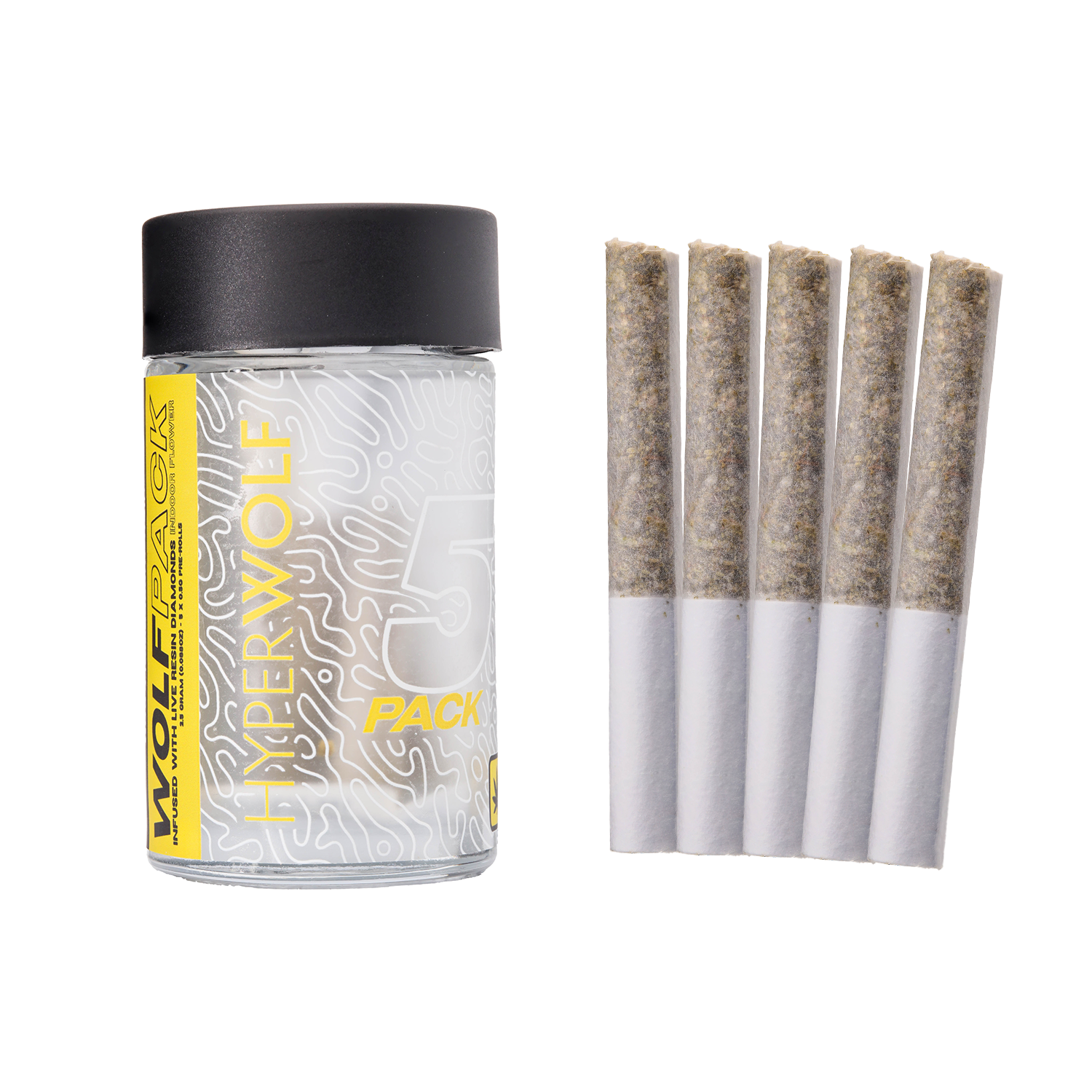When it comes to novel cannabinoids, the cannabis world is moving fast. Every time you think you’ve got a handle on delta 9 THC and the familiar cannabis plants that produce it, a new contender emerges. Lately, the conversation has been heating up around HHCp vs THCp—two potent cannabinoids often compared for their psychoactive effects and unique chemistry.
This blog will dive into what sets them apart, how they interact with the endocannabinoid system, their potential therapeutic benefits, and what experienced users should know before exploring either. By the end, you’ll have a clear picture of their molecular structure, potency, legal status, and whether these novel cannabinoids fit into your cannabis journey.
What Are Hemp Derived Cannabinoids?
Before tackling HHCp vs THCp, it helps to understand the larger family they belong to: hemp derived cannabinoids. These compounds are created from cannabis extracts sourced from federally legal hemp, which by law contains less than 0.3% delta 9 THC.
While traditional THC is still the primary psychoactive compound in cannabis, researchers and manufacturers have found ways to isolate, modify, and even enhance other cannabinoids to create new effects. Some, like HHCp and THCp, result from chemical processes such as hydrogenation, while others simply occur naturally in trace amounts.

A Quick Refresher on THC
When people think about cannabis, they usually think about regular THC—more specifically, delta 9 THC. This naturally occurring phytocannabinoid found in cannabis plants is what delivers the euphoric “high.”
- It binds strongly to CB1 receptors in the brain and nervous system.
- It produces psychoactive effects such as relaxation, euphoria, and heightened sensory perception.
- It metabolizes into THC metabolites that can remain detectable in the body long after the high fades, which is why it shows up on a drug test.
While delta 9 remains king, other hemp derived cannabinoids like HHCp and THCp are catching attention for their high potency.
Introducing THCp
THCp, short for tetrahydrocannabiphorol, is a naturally occurring cannabinoid first discovered in 2019 by Italian researchers. Although found only in trace amounts in cannabis, it’s believed to be up to 30 times more effective than regular THC at binding to cannabinoid receptors.
This is due to its longer alkyl side chain—a feature of its unique molecular structure that allows it to latch onto CB1 receptors with extreme efficiency. As a result, users report more intense psychoactive effects, including:
- Enhanced sensory perception
- Stronger body effects at low doses
- Longer-lasting highs compared to delta 9
Because THCp produced naturally is rare, most THCp products are synthesized from hemp-derived CBD through a chemical process.
Introducing HHCp
Now let’s shift to HHCp. This compound is a hydrogenated cannabinoid derived from HHC (hexahydrocannabinol), itself a hydrogenated derivative of THC. Through a process called hydrogenation, extra hydrogen atoms are added to THC’s chemical structure, making it a more stable compound.
From there, chemists extend its side chain, resulting in HHCp—a hydrogenated form of THC with potent effects.
What makes HHCp products unique?
- They are often considered more stable compounds than THC due to their resistance to oxidation.
- They may have a longer shelf life than traditional THC.
- Like THCp, they bind strongly to the body’s cannabinoid receptors, producing intense psychoactive effects.
Because HHC itself was created during early studies on synthetic cannabinoids, HHCp shares some ties to lab-made processes, though it originates from hemp.
The Molecular Structure Factor
At the heart of the HHCp vs THCp debate is molecular structure.
- THCp: Features a longer alkyl side chain than THC, improving its ability to interact with CB1 receptors.
- HHCp: Created through hydrogenation, where hydrogen molecules are added to the structure, resulting in a hydrogenated derivative that is more chemically stable.
Both compounds showcase how a particular cannabinoid’s chemical structure can drastically impact its cannabinoid potency and desired effects.
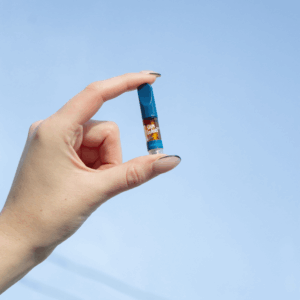
Comparing HHCp vs THCp: Potency
When it comes to potency comparison, both rank among the most potent cannabinoids currently on the market.
- THCp is often cited as being up to 30 times stronger than regular THC due to its unique molecular structure.
- HHCp may not reach that same multiplier, but users report it delivers extreme potency with long-lasting highs.
In both cases, experienced users seeking stronger effects tend to be the main audience. Beginners should stick with low doses due to the potential for overwhelming psychoactive effects.
Psychoactive Effects: What Users Report
Both compounds amplify the psychoactive effects we associate with traditional THC. Commonly mentioned outcomes include:
- Heightened sensory perception and sensory enhancement
- Deep relaxation or sedation at high doses
- Longer-lasting euphoria
- More intense body high
Some experienced users compare the high to edibles due to its depth and longevity. That said, not everyone enjoys such intense psychoactive effects, which is why comparing HHCp and THCp helps determine which aligns with your desired effects.
Potential Therapeutic Benefits
While research is still limited, some potential therapeutic benefits are theorized based on how these cannabinoids interact with the endocannabinoid system:
- Pain relief for chronic pain sufferers
- Possible aid in reducing symptoms of drug addiction (early preclinical studies suggest cannabinoids may help with withdrawal)
- Stress reduction and sleep support
It’s important to note that these possibilities stem from broader cannabinoid research, not yet from robust clinical trials on HHCp vs THCp specifically.
HHCp and THCp in the Endocannabinoid System
Both HHCp and THCp bind primarily with the body’s cannabinoid receptors, particularly CB1 receptors in the brain and nervous system. This is what gives them their high potency and ability to create enhanced sensory perception.
Their ability to “stick” more effectively than traditional THC is linked to:
- THCp’s longer alkyl side chain
- HHCp’s hydrogenated form with added hydrogen atoms
Together, these small changes in chemical structure result in profound changes in how the compounds affect us.
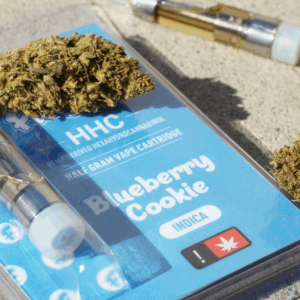
Chemical Processes: Hydrogenation and Beyond
A key difference in the chemical process lies in how these cannabinoids are created.
- THCp is generally synthesized from CBD using chemical solvents to trigger a chemical reaction that mimics its naturally rare structure.
- HHCp is created through the hydrogenation process, where hydrogen molecules are added to THC, making it a hydrogenated form that is a more stable compound.
While this boosts stability and shelf life, it also raises questions about residual solvents and third party lab testing for safety.
Are They Synthetic Cannabinoids?
This is where things get tricky. Some classify these as synthetic cannabinoids because they don’t exist naturally in usable amounts. Others argue they’re other hemp derived cannabinoids, since they ultimately occur naturally in trace amounts within cannabis plants.
The truth is somewhere in between—they’re semi-synthetic, created by enhancing or modifying what already exists in hemp.
Comparing HHCP vs THCP in Legal Status
Both exist in a legal gray area.
- THCp products are not specifically banned but may fall under analog laws depending on local laws.
- HHCp legal status is even murkier due to its synthetic nature and connection to hydrogenated cannabinoid research.
Countries and states vary. The European Monitoring Centre has flagged cannabinoids like these for closer watch, while U.S. enforcement depends largely on interpretation of hemp laws.
Drug Testing Concerns
A major question for consumers: do these cannabinoids show up on a drug test?
Because both metabolize into compounds similar to THC metabolites, it’s likely they will trigger positive results, just like regular THC. This makes them risky for anyone subject to workplace testing.
Safety and Third Party Testing
Since these are relatively new, ensuring quality matters. Look for:
- Third party lab testing to check for residual solvents and contaminants.
- Clear product labeling on dosage, especially since these are high potency compounds.
- Transparency about the chemical process used in production.
This is especially important given their synthetic nature and the risk of unsafe manufacturing.
HHCP Products on the Market
Despite being niche, you’ll find HHCp products in forms like:
These tend to appeal to experienced users seeking stronger effects than regular THC or even delta 8 or delta 10.
THCP Products on the Market
Likewise, THCp products are gaining traction, often blended with other cannabinoids to temper their extreme potency. Common offerings include:
- Distillates
- Gummies
- Pre-rolls infused with cannabis extracts
Again, these products are usually marketed toward experienced users rather than beginners.
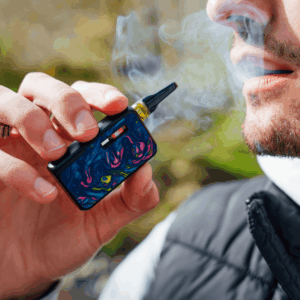
Risks, Downsides, and Considerations
Like all novel cannabinoids, risks include:
- Unpredictable strength, especially at high doses
- Limited research on long-term impact
- Unclear legal status depending on local laws
While the potential therapeutic benefits are intriguing, users must weigh them against safety and legal uncertainties.
HHCP vs THCP: Key Differences Summarized
To recap the key differences:
- THCp: A naturally occurring phytocannabinoid found in trace amounts; notable for its longer alkyl side chain and extreme potency.
- HHCp: A hydrogenated cannabinoid derived through the hydrogenation process, making it a more stable compound with extended shelf life.
- Potency comparison: Both rank among the most potent cannabinoids, but THCp may edge ahead in raw binding strength.
- Legal gray area: Both face scrutiny under local laws and international watch bodies like the European Monitoring Centre.
Final Thoughts on HHCp vs THCp
At the end of the day, the HHCp vs THCp conversation highlights how far cannabis science has come. These aren’t just other hemp derived cannabinoids—they’re examples of how tiny shifts in chemical structure can create entirely new psychoactive effects.
For experienced users seeking the cutting edge, they offer a chance at enhanced sensory perception and possibly new potential therapeutic benefits. But for others, they may feel too strong, too untested, or simply too far into the legal gray area.
As with any novel cannabinoid, the safest path is to start low, go slow, and stick with third party lab testing products. That way, you can explore the future of cannabis while keeping your health and peace of mind intact.
Frequently Asked Questions
1. Does HHCp get you high?
Yes, HHCp does get you high, and many users report the experience as stronger and longer-lasting than traditional THC. Because of its hydrogenated form and unique molecular structure, HHCp binds efficiently to the body’s cannabinoid receptors, particularly CB1 receptors in the brain and nervous system. This results in intense psychoactive effects that are often described as heavier and more sedating than delta 9 THC.
2. Is HHCp the strongest?
HHCp is considered one of the most potent cannabinoids, but it isn’t necessarily the absolute strongest. Compared to regular THC, it delivers potent effects at much lower doses, but in the potency comparison between HHCp vs THCp, THCp typically edges out HHCp due to its longer alkyl side chain and stronger binding with CB1 receptors. That said, some experienced users seeking deep relaxation or a more grounded body high prefer HHCp over THCp’s sometimes overwhelming intensity.
3. What is the difference between HHCp and THCP?
The main difference lies in their chemical structure and how they are made:
- THCp is a naturally occurring phytocannabinoid found in trace amounts in cannabis plants. Its longer alkyl side chain gives it extreme binding power, making it one of the strongest naturally occurring cannabinoids known.
- HHCp, on the other hand, is a hydrogenated cannabinoid derived from THC through a hydrogenation process, making it a more stable compound with extended shelf life. It may not be as strong as THCp in terms of raw potency, but its stability and lasting psychoactive effects make it appealing.
In short: THCp is about extreme strength, while HHCp is about stability and long-lasting effects.
4. What’s stronger, THCa or THCP?
There’s no contest here—THCp is stronger than THCa.
- THCa (tetrahydrocannabinolic acid) is the precursor to THC found in raw cannabis. On its own, it’s non-psychoactive until it undergoes decarboxylation (heating) and converts to delta 9 THC.
- THCp, by contrast, is a potent cannabinoid that binds with cannabinoid receptors far more efficiently than THC, producing intense psychoactive effects even at a low dose.
So while THCa has value for its potential therapeutic properties in raw cannabis, when it comes to psychoactive effects, THCp is unquestionably stronger.




